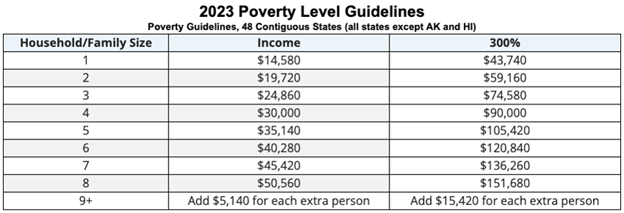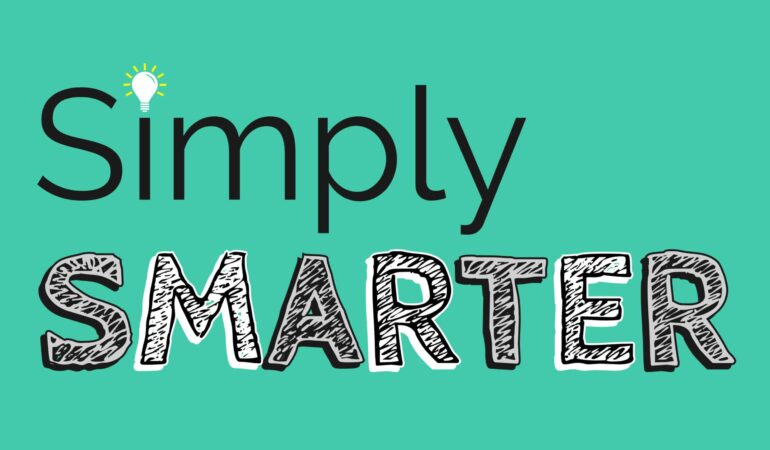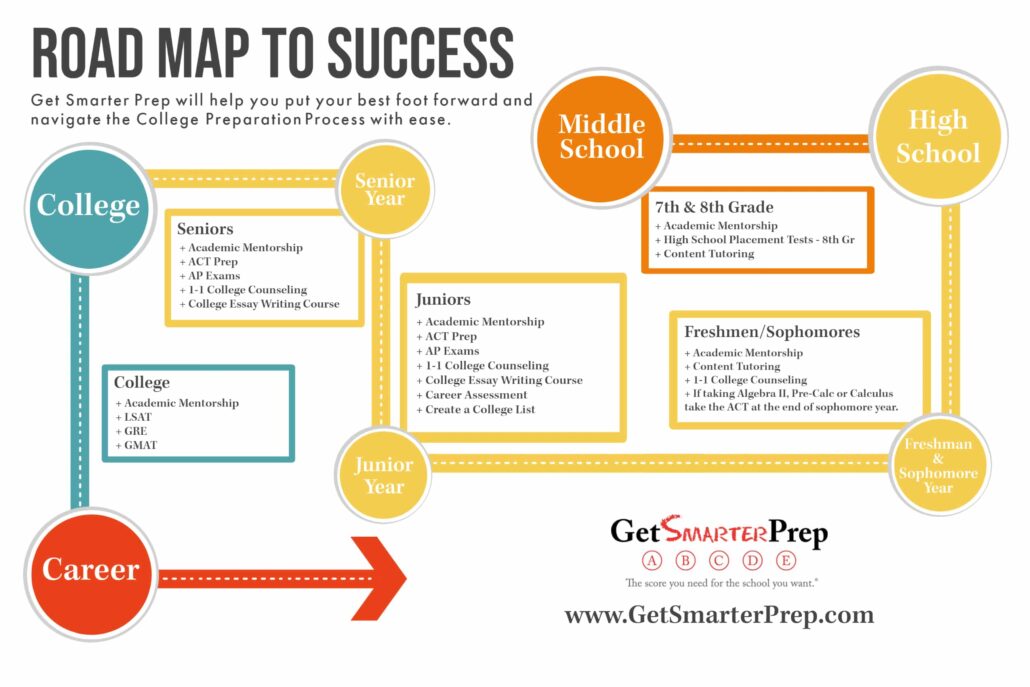Kansas Educational Enrichment Program
Kansas Educational Enrichment Program: Boosting Kids’ Learning After COVID-19
The COVID-19 pandemic disrupted education for many Kansas families. To help kids get back on track and embrace new learning opportunities, the Kansas Educational Enrichment Program (KEEP) is here! This program provides up to $1,000 per eligible student to spend on educational goods and services that spark their curiosity and ignite their academic success.
Who qualifies?
- Kids aged 5 (as of August 31, 2023) to 18 years old (as of May 31, 2024).
- Students above 18 still in high school with active K-12 enrollment proof.
- Families with income at or below 300% of the Federal Poverty Guidelines (check the chart below to see if you qualify!).

What can you spend the money on?
KEEP opens a world of possibilities! Browse an online marketplace filled with educational resources like:
- Tutoring and academic support: Get one-on-one help for subjects needing extra attention.
- Enrichment activities: Explore music, art, coding, STEM programs, and more!
- Summer camps: Immerse your child in new experiences that ignite their passions
- School supplies and technology: Equip your child with the tools they need to thrive.
Multiple kids in the family? No problem! Enroll them all and manage their individual award funds easily through a dedicated dashboard. Shared custody or foster care situations? KEEP understands. Only one parent/guardian applies per child, and students in foster care are eligible regardless of income. Just provide the necessary documentation.
Getting started is simple! All applicants must provide:
One of the following documents to prove Kansas Residency
- Current Kansas Driver’s License or ID renewal postcard
- Current Kansas vehicle registration
- Utility bill or equivalent no more than two months old
- Financial institution documents such as a bank statement, deed, or mortgage with a current Kansas address
- Rent or lease agreement dated within the last 12 months
- Kansas Voter Registration Card
Head over to the KEEP website and apply today! Let’s work together to give every Kansas child the chance to learn, grow, and reach their full potential.
Remember:
- Applications are reviewed on a first-come, first-served basis, so don’t wait!
- Check the website for updates and eligibility details.
For further questions, please feel free to contact us about how to use the KEEP awards for ACT Tutoring.







